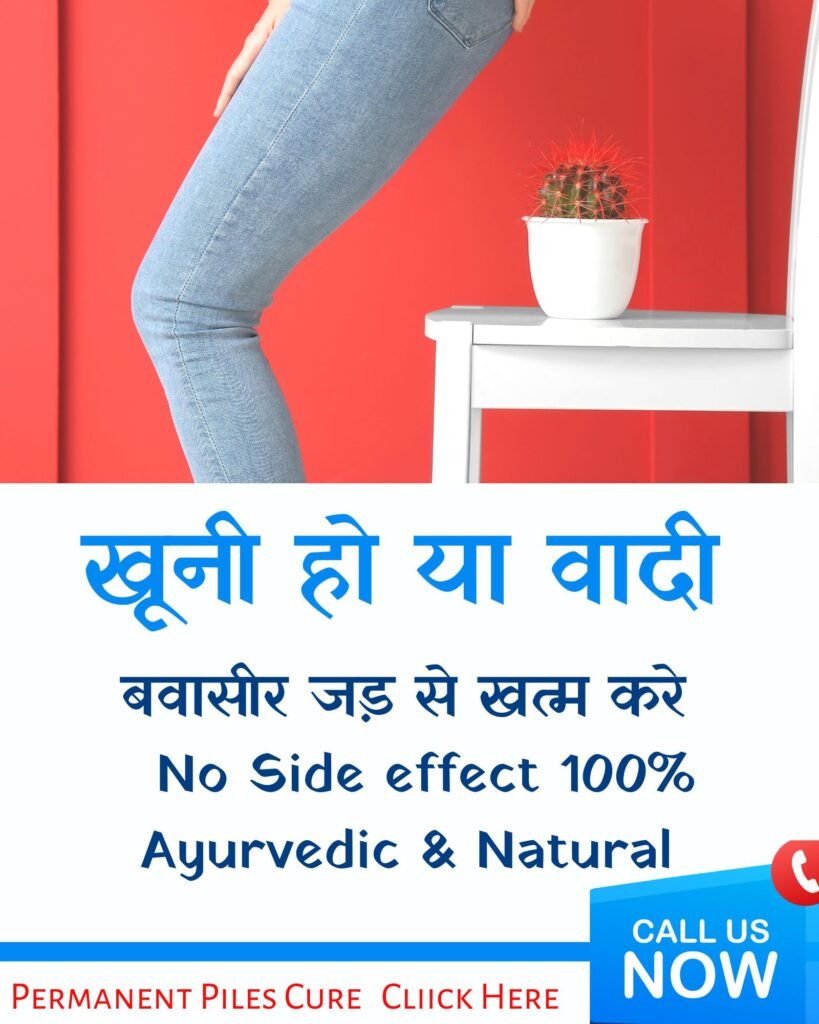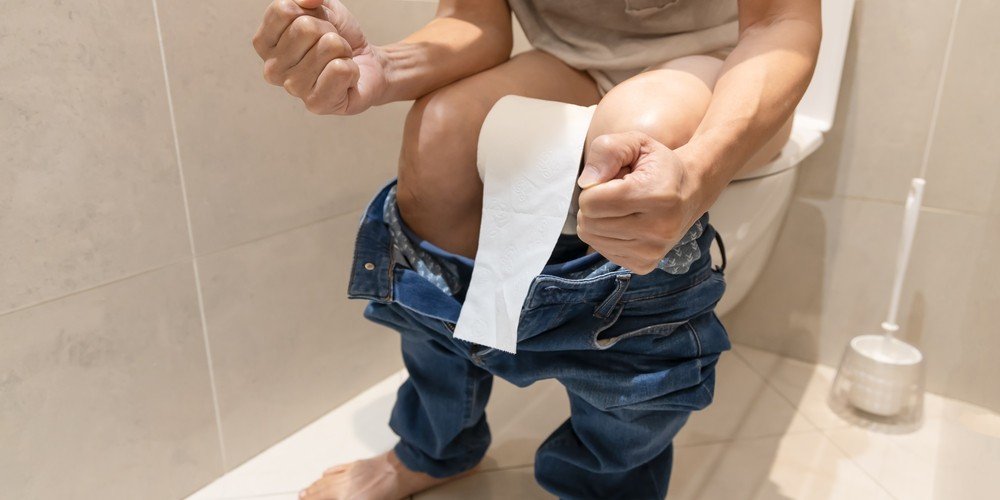Best piles treatment in Janpath –Get rid of piles problem without surgery. Join best doctors in Janpath for treatment at the best price.
Piles Overview
Our anorectal region has a lot of veins. They act as a cushion for the area when stool is passed. However, when we frequently face constipation, these veins along with the tissue in the anal area become inflamed and swollen. This leads to piles or hemorrhoid’s. They vary in size and can be external or internal.
External piles are formed on the outer edge of the anus while internal piles are formed 2-4 CMS above the anal opening. The latter is the most common type of piles.

Based on the grade, the diagnosis of piles and its treatment changes. There are four grades of piles:
- Grade 1: When the inflammation is small, not visible to the eye, and present on the inner lining of the anus.
- Grade 2: These are larger than Grade 1 piles and are internal. They are pushed out when you pass stools but will return without any issue.
- Grade 3: Also called prolapsed hemorrhoid’s, these piles appear externally. They can be felt like a hanging mass but can be re-inserted.
- Grade 4: These piles are very large and cannot be re-inserted. They need consistent piles treatment, to manage them.
Symptoms
Piles (Hemorrhoid’s) symptoms vary according to the grade of the condition. However, if you observe any of the below-mentioned common symptoms, it is time to see your doctor:
- Formation of lumps or large masses around the anus.
- A feeling that bowels are full even after passing stools.
- Bleeding after a bowel movement, usually a bright red spot on your toilet paper or in the pot.
- Itchiness, redness, and soreness of the anal region.
- Pain when passing stools.
- Change in bowel habits with a change in the color and consistency of your stool
- Piles protrude out when straining to pass stool.
- Sometimes, external piles become extremely itchy and painful. They develop blood clots. In such a scenario they are called thrombosed external piles, which block the flow of blood.
- Home remedies do not help in this case.
You must rush to your doctor in case there is dizziness, excessive rectal bleeding, fainting or frequent tiredness.
Causes
There are different causes of piles that you should be aware of. This not only helps in seeking treatment at the right time but also helps you prevent the condition:
- Hardening of the stools and chronic constipation.
- Prolonged diarrhea
- Pregnancy
- Obesity
- Lifting very heavyweight
- Anal intercourse
- A lot of straining when one is passing stools.
- Improper or low fiber diet and lifestyle
- Genetic inheritance
- The risk of piles also increases as one age
Diagnosis
If you are suffering from the above-mentioned symptoms you must consult a general practitioner immediately, who may refer you to a laser proctologist after initial diagnosis. However, the diagnosis of piles depends on whether it is internal or external.
In the case of external piles, a physical examination of the anus is conducted. Expect your doctor to ask you questions like:
- Does any close family member have piles?
- Have you noticed mucus or blood in your stool?
- Has there been sudden weight loss?
- Has there been any change in your bowel movements?
- What is the color of the stools?
- In the case of internal piles, the doctor performs either of the following –
Insert a lubricated, gloved finger for examination
- Perform a digital rectal exam using a proctoscope.
- A proctoscope is a hollow tube with a light at one end. This allows a closer examination of the anal canal. Then, a tissue sample is collected from the anal canal for analysis in a lab.
A colonoscopy may also be recommended by a piles specialist if you demonstrate the symptoms and signs of piles along with other diseases of the digestive system. Colonoscopy also helps rule out anal and colorectal cancer.

What are the treatments for Piles?
There are different options available for piles treatment based on the severity of the condition:
Home Treatment: Often when the problem is mild with minor swelling or inflammation, you may be recommended a high-fiber diet, mild painkillers like paracetamol or ibuprofen, and a topical application of an ointment with hydrocortisone. Sits bath for 15-20 minutes at least two to three times a day also helps reduce the symptoms significantly.
Medication: For grade 1 internal piles, doctors recommend creams, ointments painkillers, and pads to reduce the pain and inflammation. Corticosteroids also help manage pain. To ease the movement of the bowels, laxatives may be recommended. These medicines reduce the symptoms but cannot cure piles entirely.
Surgical methods: In case surgery is required, there are different options:
- a. Banding (Below Grade 4): An elastic band is placed at the base of the piles to cut off the blood supply. The hemorrhoids usually fall off after a few days.
- b. Sclerotherapy: (Grade 2 and 3): A type of medicine is injected into the hemorrhoids to make them shrink.
- c. Infrared coagulation (Grade 1 and 2): An infrared device is used to burn off hemorrhoid tissue.
- d. Hemorrhoidectomy (All grades): This is a surgical procedure. The tissues causing bleeding are removed completely through this surgery. It is one of the most effective treatments for removing recurring hemorrhoids. There are some complications of this piles treatment including difficulty passing stools and UTI.
If you also want to get rid of your problem then contact us, we are always present at your service. To contact call this number- +91-8010931122
Post-Operative Care and Prevention
If you have had the piles removed surgically, here are some post-operative care measures that you need to take:
- Take the medicines prescribed by your doctor.
- Drink lots of fluids for the first few days.
- Follow a bland diet for the period recommended by the doctor.
- Icing the anal area reduces pain and swelling.
- Warm water soaks to relieve spasms and pains.
- Consume stool softeners for easy bowel movements.
- Follow up with your doctor after 2-3 weeks of surgery.
For piles prevention, here are some measures that you can take:
- Eat foods that are high in fiber _ fruits, leafy vegetables, salads, oats, etc.
- Drink a lot of fluids, especially early in the morning. A minimum of 2 liters of water is a must. Soups and non-sugary juices also help.
- Cut down on sugar completely to avoid constipation and inflammation.
- Take fiber supplements like Isabgol for easy bowel movements.
- Don’t hold your bowels.
- Stay active with regular walks in the morning and evening
- Avoid straining or holding your breath when passing stools.
- Avoid sitting on the toilet for long periods of time.
- Do not sit for long hours at your desk. Take short walks in between to avoid blood clots.
We often get patients who are hesitant to discuss their discomfort or go through the required treatment of piles. However, you must remember that sometimes complications of piles occur if left untreated. These are:
- Excessive bleeding causing anemia
- Infection of the anal region
- Inability to control one’s bowel movements.
- Anal fistula
- Gangrene
- Pus formation
- Strangulated thrombosed piles
- Ulcers
- Complete blockage of blood supply to hemorrhoids leads to other complications of piles like a blood clot, thrombosis, or severe infection.
At Definite Cure, you can be assured of the best piles treatment in Delhi. We have the best laser proctologists as part of our team. Our track record is impeccable thanks to:
- A skilled team of doctors from AIIMs and Safdarjung Hospital
- Advanced minimum access, pain-free procedures
- Quick recovery with same-day discharge
- Reasonably priced
- State-of-the-art infrastructure
- Well trained staff
